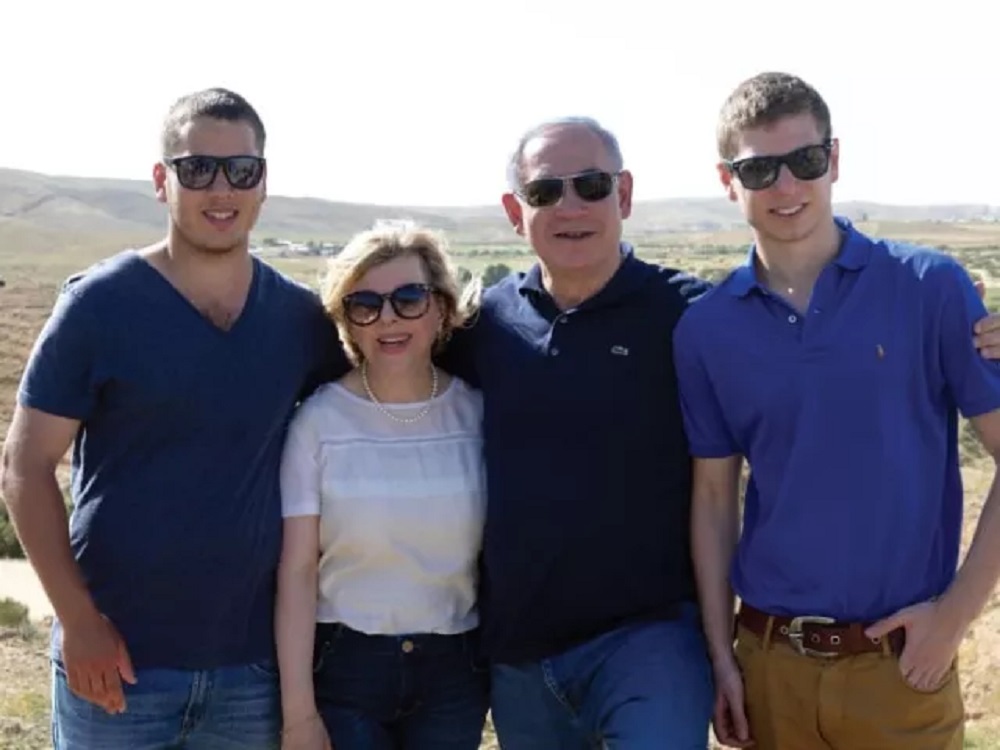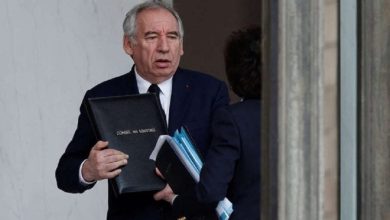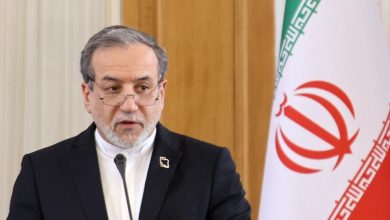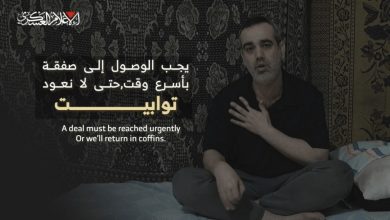Netanyahu’s Son Weds with Moroccan Henna Amid Gaza War and Israeli Fury
While Israelis protest for captives’ release, Netanyahu’s appearance at a lavish henna celebration ignites fury over government priorities.

Watan-As the war in Gaza intensifies and Israelis continue protesting to demand an end to the fighting and the release of captives, Israeli Prime Minister Benjamin Netanyahu appeared in a celebratory scene that sparked widespread anger.
He attended a Moroccan henna ceremony organized by his son Avner on the occasion of his marriage to Amit Yardeni, a dual Moroccan-Israeli citizen and the daughter of a senior Israeli army officer.
The celebration was held in the town of Mazor, east of Tel Aviv, at the conclusion of the Jewish holiday “Mimouna.” The event featured traditional Moroccan customs, including henna rituals, music, and traditional dress. Netanyahu and his wife participated in a key tradition — presenting the henna dish to the bride and groom.
However, the timing of the event triggered sharp criticism among the Israeli public, especially from families of captives held in Gaza, who gathered near the celebration site holding signs reading “Until the last captive,” and accused the government of being indifferent to the fate of their loved ones.

Celebration Amid Crisis: Netanyahu’s Son Holds Wedding as War Rages
Criticism extended beyond the streets to the media and social media platforms, where many questioned Netanyahu’s priorities, accusing him of celebrating while soldiers are being killed or held captive.
Protesters recalled that Netanyahu’s office had previously announced he would refrain from attending Passover celebrations out of respect for soldiers killed in Gaza operations. His appearance at a family celebration only heightened public outrage.
Netanyahu did not issue any clarification, merely posting a brief tweet congratulating his son on his marriage — with no mention of the criticism or the captives — which many viewed as further disregard for public opinion.
The incident reignited debate over the Israeli government’s handling of the war in Gaza and the growing disconnect between its official rhetoric and on-the-ground actions, particularly concerning the captives, whose fate remains unresolved.






